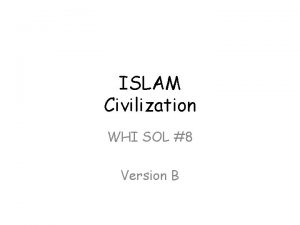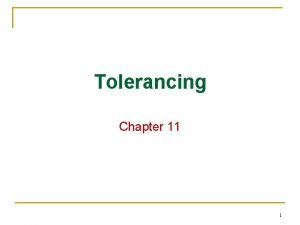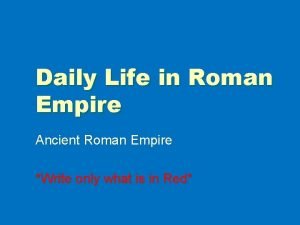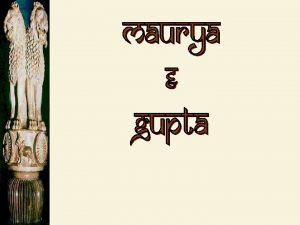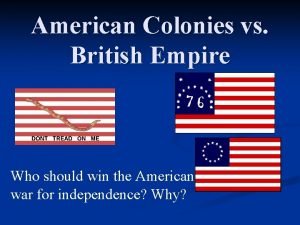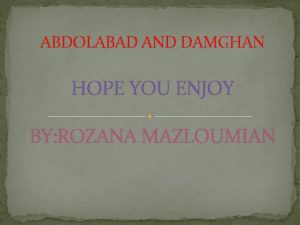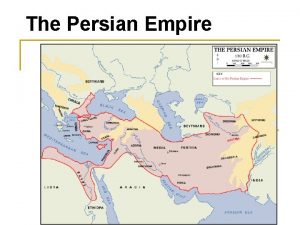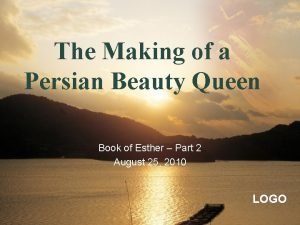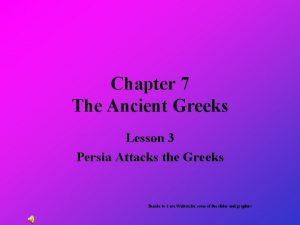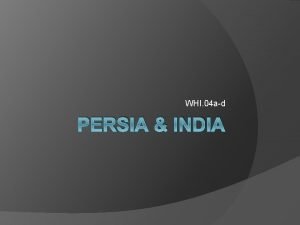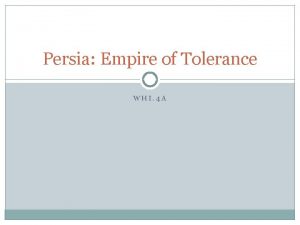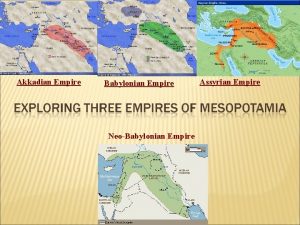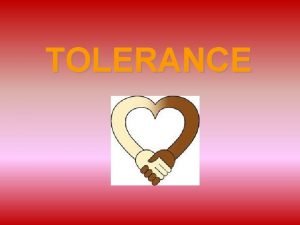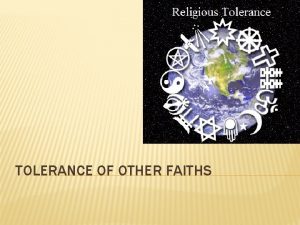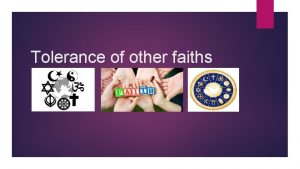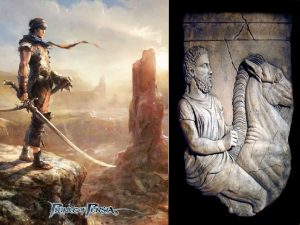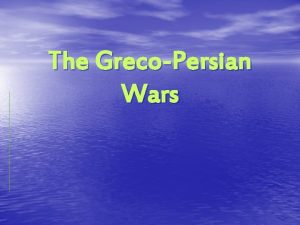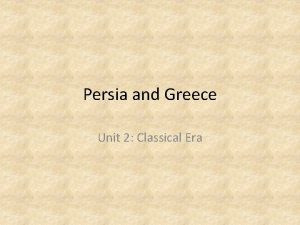Persia Empire of Tolerance WHI 4 A Where















- Slides: 15

Persia: Empire of Tolerance WHI. 4 A

Where is Persia? �Persia was an empire, based in what is today the country of Iran �Located just to the east of Mesopotamia, the Persian empire was one of the richest and most powerful empires of the B. C. ’s

What Makes Persia Special �Persia, unlike many other early empires, was unique because as it expanded and conquered other people, they were very tolerant, and welcomed those people into the empire as equals �This all started with Cyrus the Great, the Persian king who defeated Babylon and freed the Jews held there (Babylonian Captivity)

Cyrus The Great � Cyrus the Great was different because he was tolerant and respected those territories and cultures he conquered � Kept his army from looting and destroying cities he took over � Allowed people to keep their own local governments and religions � Led to peace instead of revolt

Benefits of the Persian Empire �Beyond treating conquered people fairly, and allowing them to keep their customs and religions, Persia offered its’ citizens good government, money, and a road system for all

Persia Under Darius I � Persia was eventually run by an emperor named Darius � Darius expanded the empire, going as far east as India, and as far west as Europe � Darius also set up common weights and measurements to help trade � Encouraged the use of money (coins) in trade rather than using the bartering system

Persian Expansion Under Darius

Imperial Bureaucracy � While the Persian Empire was rich, powerful, and welcoming, it was also very difficult for one man to govern because of its size � Darius divided Persia into provinces (sort of like states) ruled by governors called Satraps � Each satrap controlled his territory and collected taxes for the Persian emperor � When you divide your government into different sections, with different people in charge of each division, that is called a bureaucracy

Royal Road �Another innovation under Darius was the Royal Road �A 1, 677 mile long road connecting the heart of the empire, the Royal Road allowed communication and business to move quickly

Royal Road and Expansion

Royal Road

Persian Religion �Along with good government and fair treatment of its’ people, the Persian Empire offered its own unique religion �Zoroastrianism: original, monotheistic religion of Persian Empire �Ideas of Zoroastrianism found in other religions too

Zoroastrianism � Started by a Persian prophet named Zoroaster, about 600 B. C. � Monotheistic � Believes in: A single universal, all powerful God- Ahura Mazda Doing battle against a prince of lies and evil � People pick a side in battle of good vs. evil � Final judgment of people by God

Zoroastrianism �It is believed by many that Zoroastrianism influenced Judaism, and later, Christianity. �Ideas also found in Christianity All-powerful God Life is a struggle between good and evil Free will Final judgment Angels Satan (the Devil)

 Meccans initially resisted muhammad’s teachings because
Meccans initially resisted muhammad’s teachings because Red orange yellow green blue purple pink black white grey
Red orange yellow green blue purple pink black white grey Whi format
Whi format 40h6 tolerance
40h6 tolerance Cellular and molecular immunology
Cellular and molecular immunology Roman empire family life
Roman empire family life Venn diagram of mauryan and gupta empires
Venn diagram of mauryan and gupta empires American empire vs british empire
American empire vs british empire Royal road persia
Royal road persia Las cuatro bestias
Las cuatro bestias How did darius i change persia's political organization
How did darius i change persia's political organization عبدل آباد
عبدل آباد Where was oil first discovered
Where was oil first discovered Royal road in persia
Royal road in persia Persia beauty queen
Persia beauty queen Lesson 3 greece and persia
Lesson 3 greece and persia
